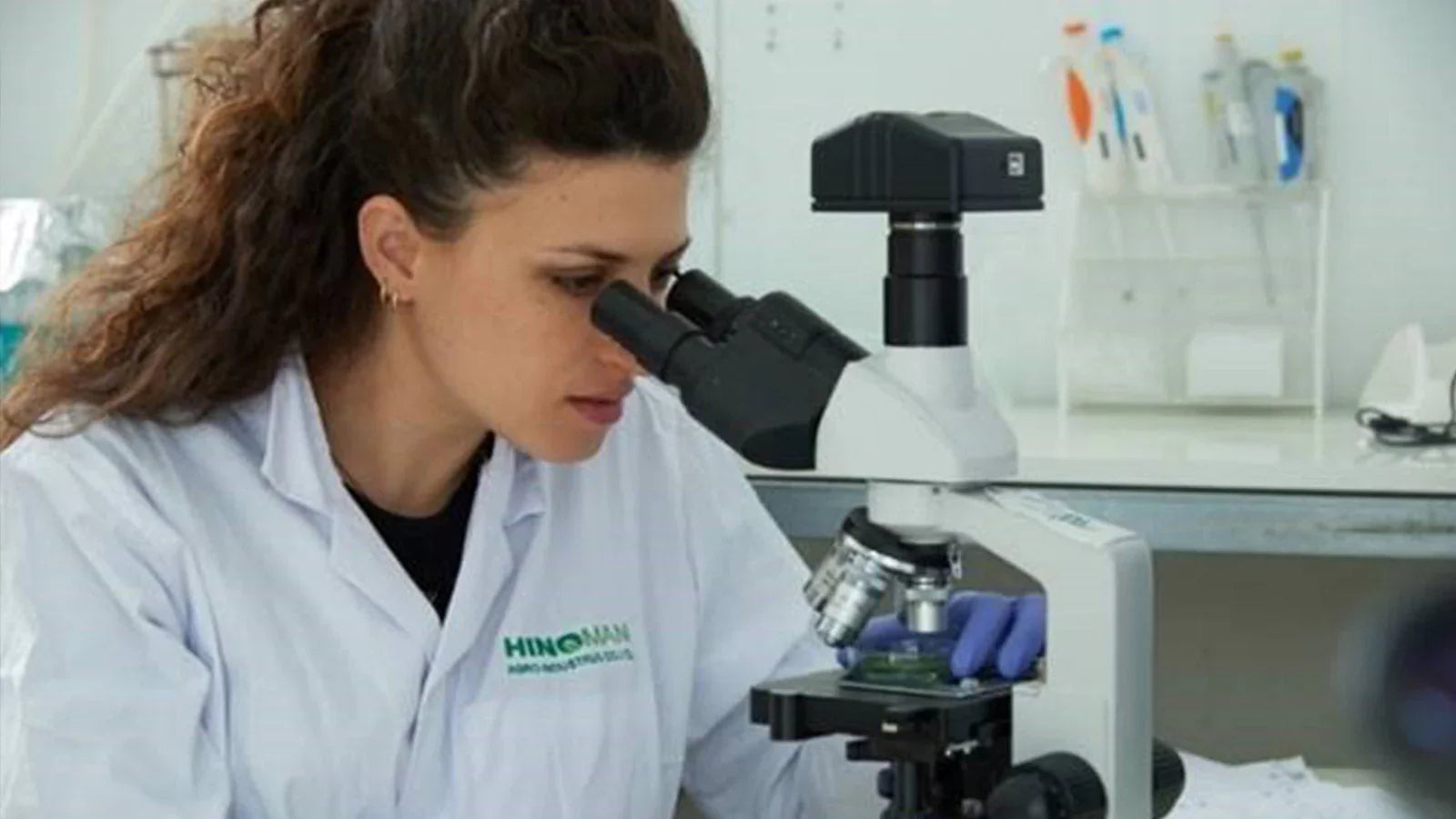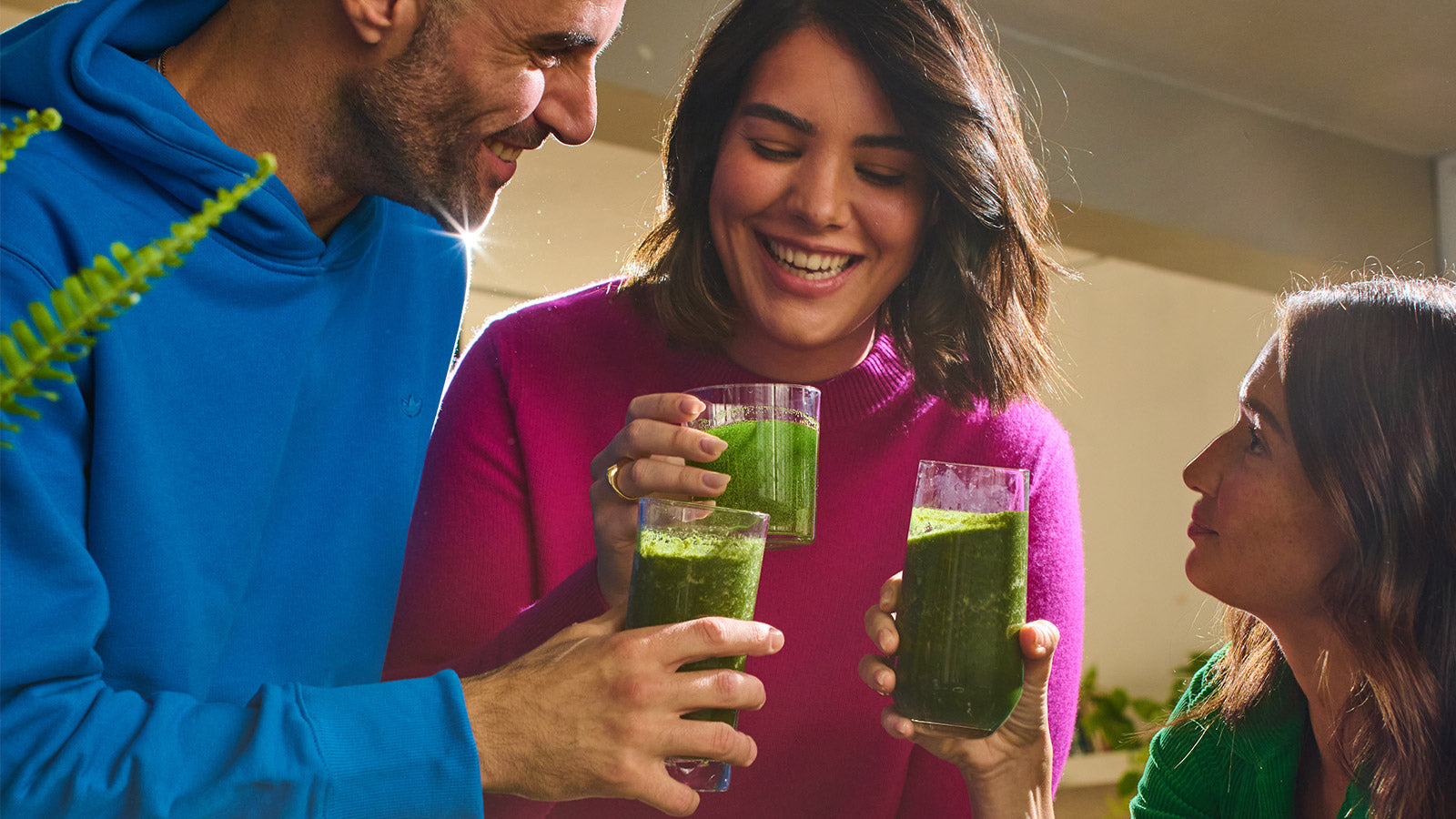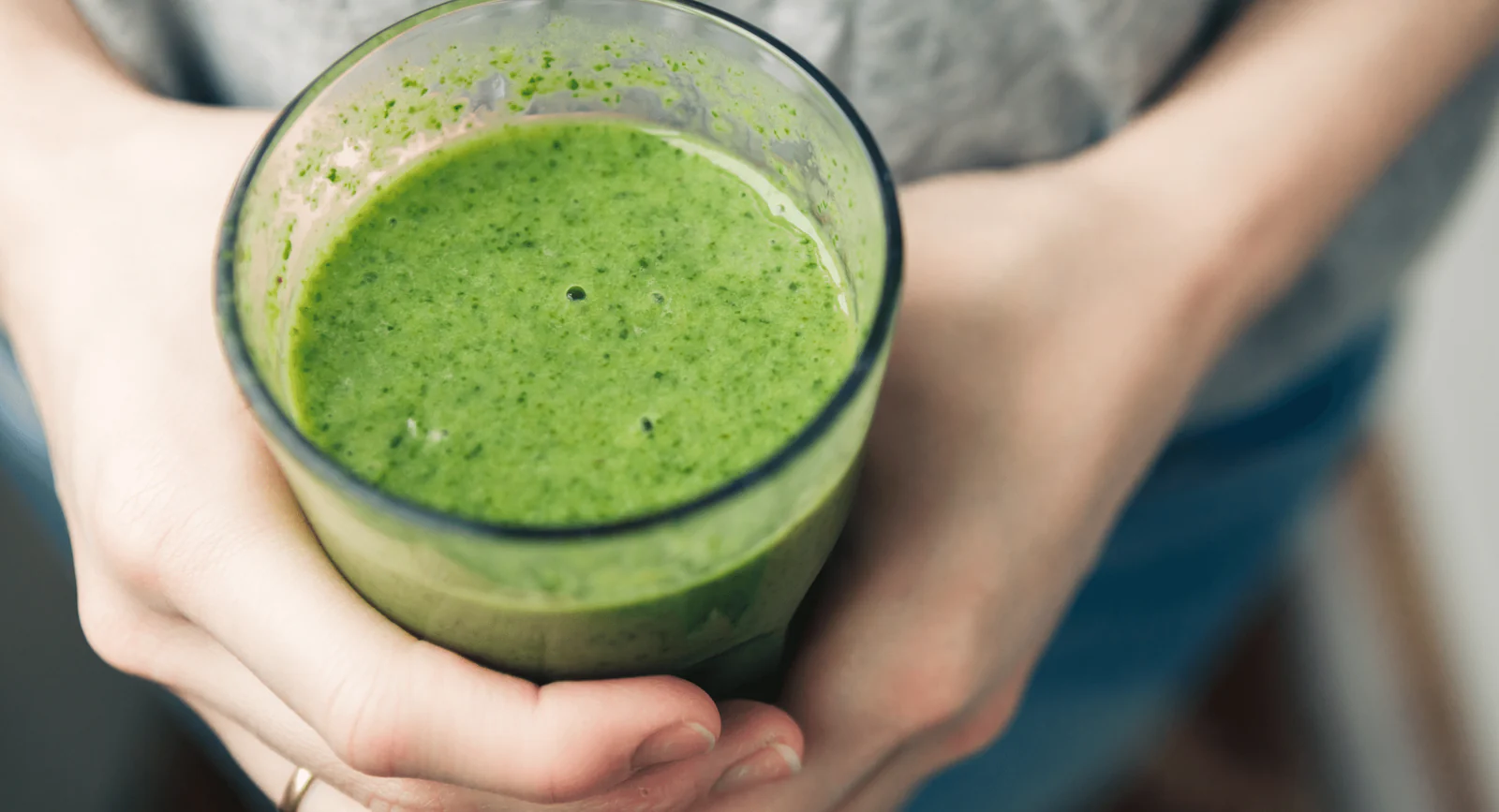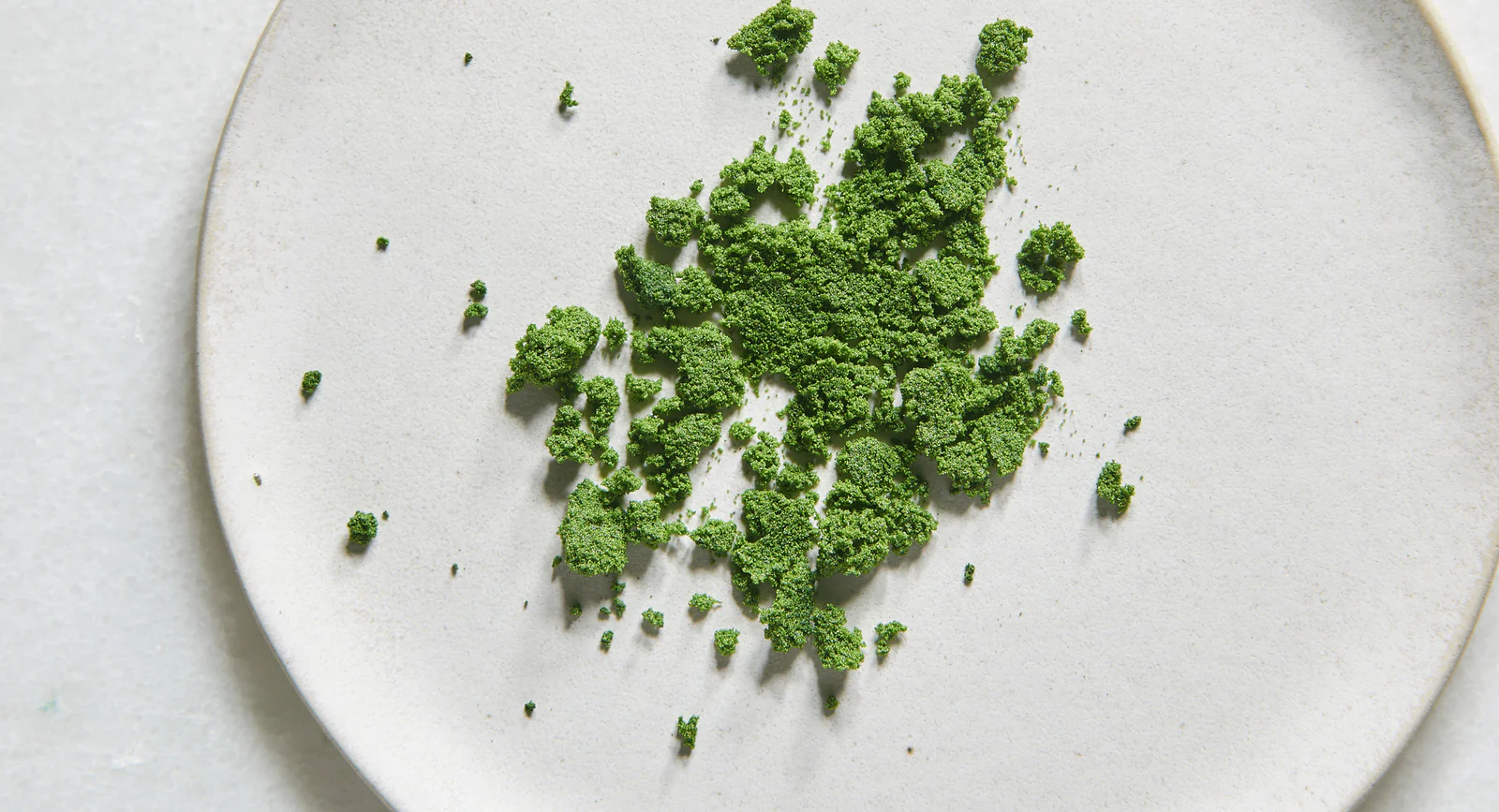10% of the world's population is diagnosed with type-2 diabetes. An innovative study conducted by Sheba Medical Center, Soroka Medical Center and Ben Gurion University examined the impact of Mankai on blood sugar levels of type-2 diabetes patients.
The study included 45 diabetic adults that were randomly divided into two groups: a group that consumed Mankai and a control group that consumed water. Both groups did so after dinner.
Research results showed that two thirds of the participants who consumed Mankai experienced a 20% reduction in their peak blood sugar levels after dinner, which resembled the impact of medication.
Prof. Amir Tirosh, an expert in internal medicine and endocrinology: "Two thirds of participants were able to reduce their peak blood sugar levels – their levels went up slower and went down faster, which means that their overall after-dinner sugar curve was lower. This is definitely something we strive to achieve with medicinal treatment. It is also important to add that not all patients who are treated with medicine respond to it as well as we would like. A response like this, two thirds, which is more than half, is very encouraging because it increases our ability to offer a richer toolbox for diabetic patients."
The study's results are a significant step forward towards a revolution in natural healthcare, proving that Mankai may play a key role in improving global health as it becomes an integral part of a healthy, balanced diet.
The study was published in the Diabetes, Obesity and Metabolism scientific journal.






